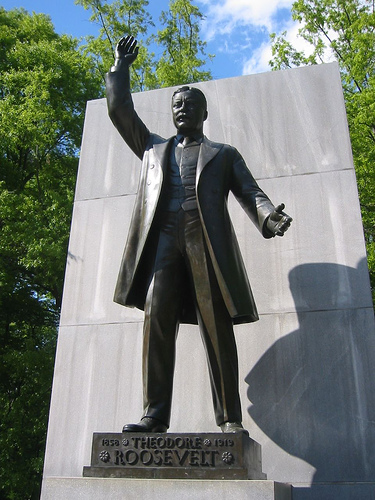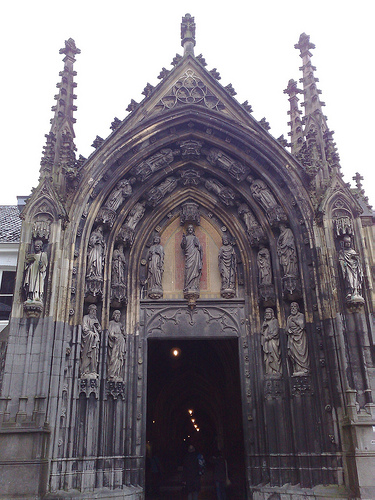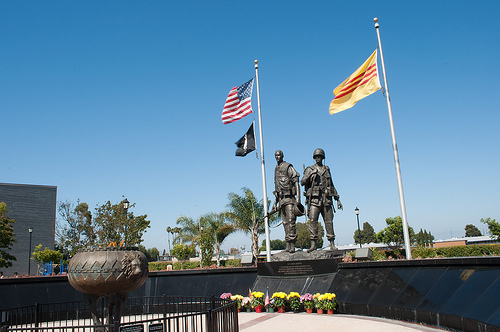Theodore was our twenty-sixth president of the United States during the period from September 14, 1901 to March 3, 1909. Theodore had a quite interesting and full life. During the course of this paper I intend to further explore his early life, political path, things most remembered about him, and his pursuits beyond his presidential career. After I provide this information I am sure you will understand, as did I, why Theodore Roosevelt has been referred to as the fourth greatest American President which earned him an image etched in stone on Mt. Rushmore next to the other three historically considered greatest American Presidents.
Continue reading…
Posts tagged with 'Europe'
Maastricht Treaty: Political Union and Ratification
The negotiations of the Maastricht Treaty (a.k.a. Treaty on European Union) addressed many important concerns for better, worse, or indifference. Negotiation at Maastricht was an undertaking that required delicacy. These negotiations revolved around creating the structure of a European Union. Once this structure was conceptualized many more detailed issues needed attention. By addressing these core issues a foundation for political union was formed. Maastricht was a feat of great negotiation that produced political union; however, ratification remained the final obstacle to be overcome for a true multi-country European Union to be realized.
Continue reading…
The Things They Carried
Tim O’Brien wrote a series of gripping individual stories that were combined to create one book: The Things They Carried. This book recreated the emotion of a Vietnam War draftee before, during, and after the war. In a closer analysis of The Things They Carried the book explains the reason for writing the book, the strategies involved in this style of the writing, and an account of history from the perspective of the author through personal experience.
O’Brien’s thesis centers on the moral of a war story. This thesis is made evident by splitting the book into separate individual stories (vignettes). The stories contain a common argument that O’Brien makes through the use of his characters; morality does not fit within the context of the story. O’Brien makes it very clear throughout the book that the moral of a true war story is that there is no moral. If a war story is not fowl, evil, disgusting, and retched it is not a true war story.
Continue reading…



